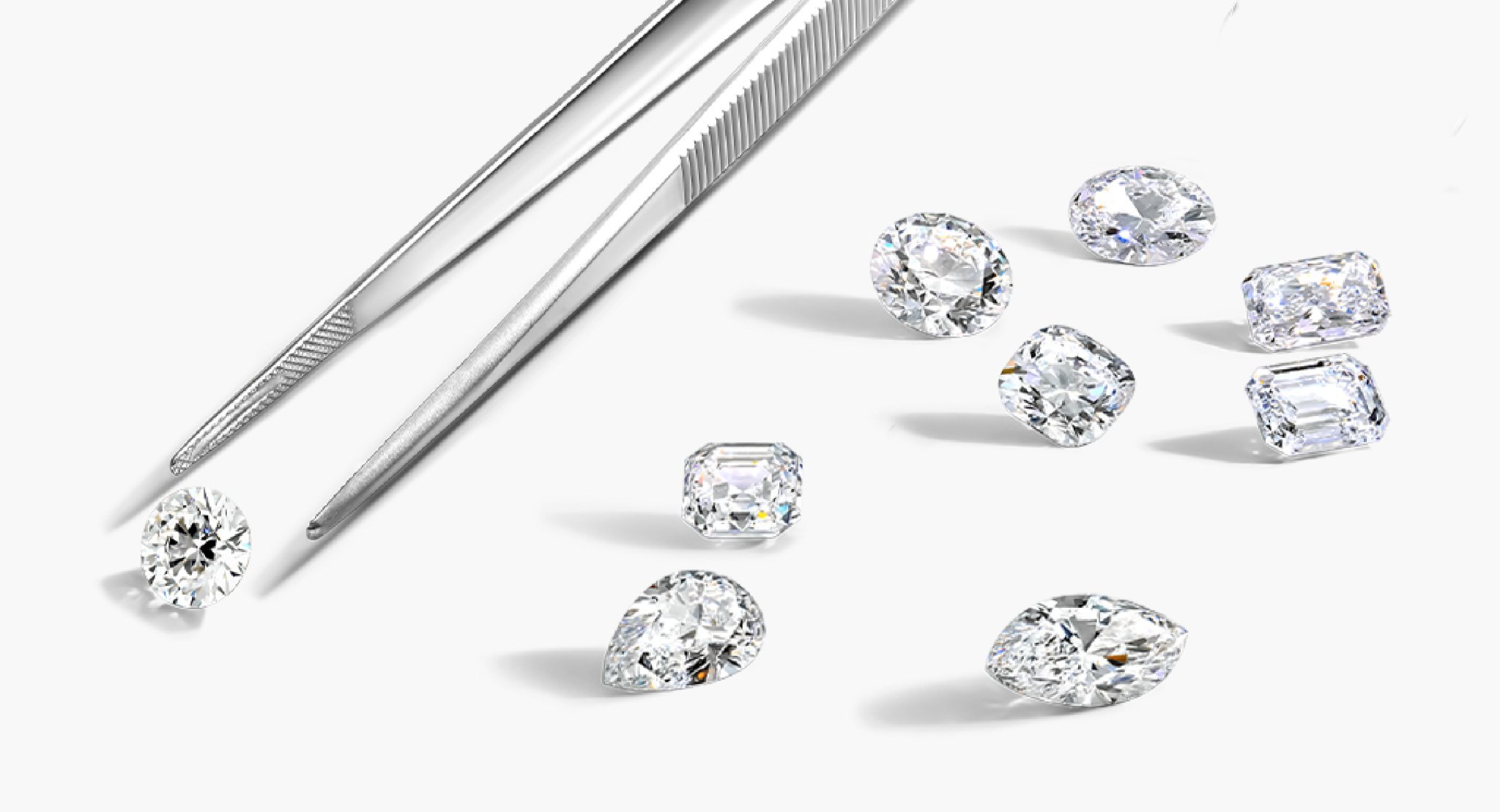When purchasing diamonds, one of the most important aspects to consider is the certification of the stone. Two of the most well-known and reputable organizations that provide diamond grading services are IGI vs GIA. While both institutions offer diamond certification, understanding the key differences between them can help you make a more informed decision about your diamond purchase.
Table of Contents
1. Overview of IGI and GIA
GIA (Gemological Institute of America) is one of the most recognized names in the diamond grading industry. Founded in 1931, GIA is a nonprofit organization headquartered in Carlsbad, California. It is widely regarded as the gold standard in diamond grading, and its certification is often preferred by industry professionals and consumers alike.
IGI (International Gemological Institute), established in 1975, is a global gemological laboratory with its headquarters in Antwerp, Belgium. IGI has gained a significant reputation for offering certification services for diamonds, gemstones, and jewelry. While IGI is a well-known and respected institution, it does not hold the same level of prestige and recognition as GIA in some circles.
2. Grading Process: How They Evaluate Diamonds
Both IGI and GIA evaluate diamonds based on the Four Cs: Cut, Color, Clarity, and Carat weight. The grading process is meticulous, as each diamond is assessed using specialized tools and expertise. However, there are some differences in how they approach grading.
- GIA’s Grading Process: GIA is known for its rigorous and unbiased grading system. It is a highly respected institution within the industry, and many jewelers and consumers trust GIA’s reports for their accuracy and reliability. GIA uses a team of gemologists who employ advanced technology and tools to assess each diamond, and its grading system is considered very strict.
- IGI’s Grading Process: IGI’s grading process is also thorough, but it has been occasionally criticized for being slightly more lenient than GIA. While IGI employs modern equipment and expert gemologists, some buyers believe that IGI reports may sometimes assign higher grades, particularly when it comes to cut and clarity, in comparison to GIA’s stricter standards. However, IGI is still considered a reliable grading institution, especially in certain regions and markets.
3. Reputation and Recognition
- GIA’s Reputation: GIA is universally regarded as the most prestigious and widely accepted grading institution in the world. It has long been the gold standard, and many of the world’s top jewelers, wholesalers, and retailers prefer lab diamonds. The transparency and consistency of GIA grading have made it the industry leader for decades.
- IGI’s Reputation: IGI holds a strong reputation, especially in Europe and Asia. While it may not carry the same prestige as GIA in the U.S., IGI is still trusted by many jewelers and consumers, particularly in international markets. It is known for offering a more cost-effective option for grading services compared to GIA, which may appeal to certain buyers.
4. Cost of Certification
GIA diamonds are generally more expensive due to the higher grading standards and rigorous process it follows. Since GIA is the most recognized name in diamond grading, the premium paid for diamonds with GIA certification is often seen as an investment in quality and trustworthiness.
IGI, while still a reputable institution, tends to offer a more affordable certification service. The cost difference between the two certifications can be significant, making IGI an attractive option for budget-conscious buyers who still want a reliable certification.
5. Certification Report and Transparency
- GIA Report: GIA provides an in-depth report with detailed information about the diamond’s 4Cs, along with additional features such as the diamond’s proportions, fluorescence, and other characteristics. One of the standout features of GIA is its GIA report number, which can be checked online to verify the authenticity and accuracy of the report. GIA’s reports are considered highly transparent, and their grading methodology is well-documented.
- IGI Report: IGI also provides a detailed certificate, which includes information about the 4Cs and a description of the diamond’s characteristics. However, IGI reports may not have the same level of global recognition and transparency as GIA. In addition, IGI’s grading reports may vary slightly depending on the location or specific laboratory performing the evaluation.
6. Availability of Graded Diamonds
- GIA-Graded Diamonds: GIA-graded diamonds are widely available at major jewelers and retailers worldwide. Given GIA’s widespread recognition and reputation, its diamonds are commonly found in top-tier retail stores and are typically preferred by serious diamond buyers.
- IGI-Graded Diamonds: IGI-graded diamonds are also readily available, particularly in European and Asian markets. Many online retailers offer IGI-certified diamonds as well. While IGI-certified diamonds may not carry the same level of prestige as GIA-certified stones, they are still widely accepted in the industry and may offer a more affordable option.
7. Which One Should You Choose: IGI vs. GIA?
The decision between IGI and GIA depends on several factors, including budget, personal preference, and the level of certification you desire.
- If quality and prestige are your top priorities, and you are willing to invest in a higher-priced stone, then GIA is the preferred choice. It is widely recognized for its accuracy, thoroughness, and the trust it commands in the diamond industry.
- If you are looking for a more cost-effective option and are comfortable with a slightly more lenient grading system, then IGI may be a good option. IGI-certified diamonds are still a solid choice, especially if the price difference is significant for your budget.
8. Conclusion
Both IGI and GIA are reputable and trusted names in the diamond grading industry. While GIA is regarded as the industry leader with its stringent grading standards, IGI offers a solid alternative, particularly for buyers who are looking for a more affordable option. Understanding the differences between these two grading labs can help you make an informed decision when purchasing a diamond, ensuring that you get the best value and quality for your investment.

